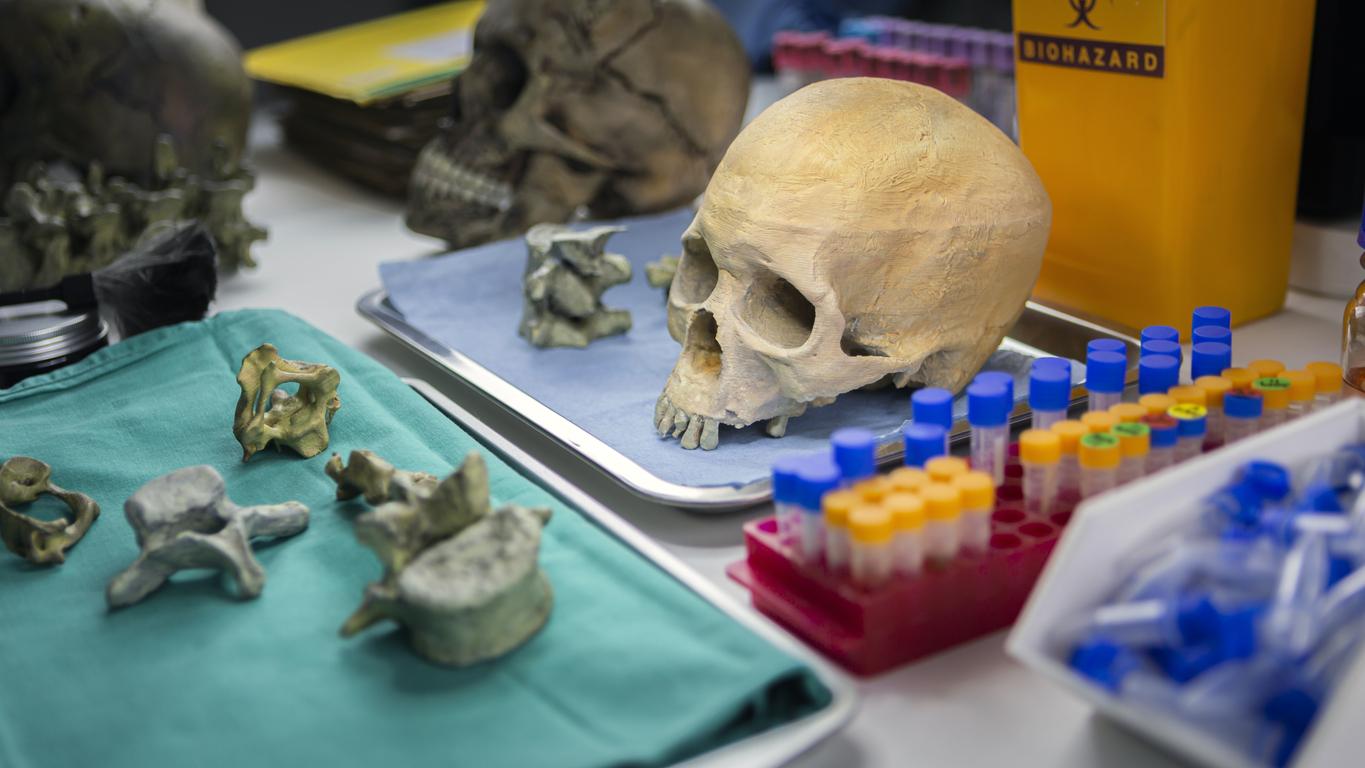There multiple sclerosis (MS) is an inflammatory neurological disease, which causes progressive destruction of the myelin sheath, which surrounds and protects neurons. The disease occurs mainly in women (three women for one man) between the ages of 20 and 40 and its evolution is very variable depending on the patient.
What poses a problem is the inflammatory aspect of this pathology: patients with multiple sclerosis see their immune system turn against their own organism. We are talking about an autoimmune disease. However, for the time being, the treatments are ineffective. The main track is that of drugs that weaken the immune system to make it less powerful, thus exposing patients to the dangers of germs, viruses, etc. But American researchers may have found a new way to fight MS. Their results are published in the journal Science Translational Medicine.
Vesicles bringing hope
When nerve information flows through the human body, it is compared to electrical currents. These pass from neuron to neuron, thanks to a circuit enclosed in a myelin sheath. It allows information not to get lost and to circulate correctly. It is this sheath that MS attacks, thus preventing neurons from receiving and transmitting information correctly.
But scientists have done an experiment that could be decisive for a future treatment. They cultivated in vitro the cells (oligodendrocytes) that make this famous myelin sheath. They observed that these cells produce extracellular vesicles containing the myelin sheath antigens. The interest? Antigens trigger an immune response. However, until now it was not possible to identify which component of the myelin sheath triggers the immune reaction in patients.
Scientists therefore believe that by targeting these antigens, they can limit the excessive autoimmune reaction. “The value of these extracellular vesicles is that they give us the ability to treat disease in an antigen-specific way, without having to know the exact identity of the target antigen.“emphasizes Abdolmohamad Rostami.
A “universal” therapy, at various stages of the disease
The first results, from experiments carried out on mice, are encouraging both for reducing the severity of the pathology and for preventing the onset of symptoms, in particular reduced mobility and paralysis. Since this type of antigen is present in both humans and mice, the researchers are hopeful of being able to use this therapy in the latter. And this, in prevention of the pathology, as in treatment after it has declared itself, without impacting the immune system.
In addition, the researchers see it as a “universal” approach. “The antigens involved in the autoimmune response may differ between MS patients, and even change over time in an individual patient. The fact that our approach was effective in different experimental models shows that it could act as a universal therapy.”
Read also:
- 3 misconceptions about multiple sclerosis
- Multiple sclerosis: invisible symptoms that we don’t talk about much


















